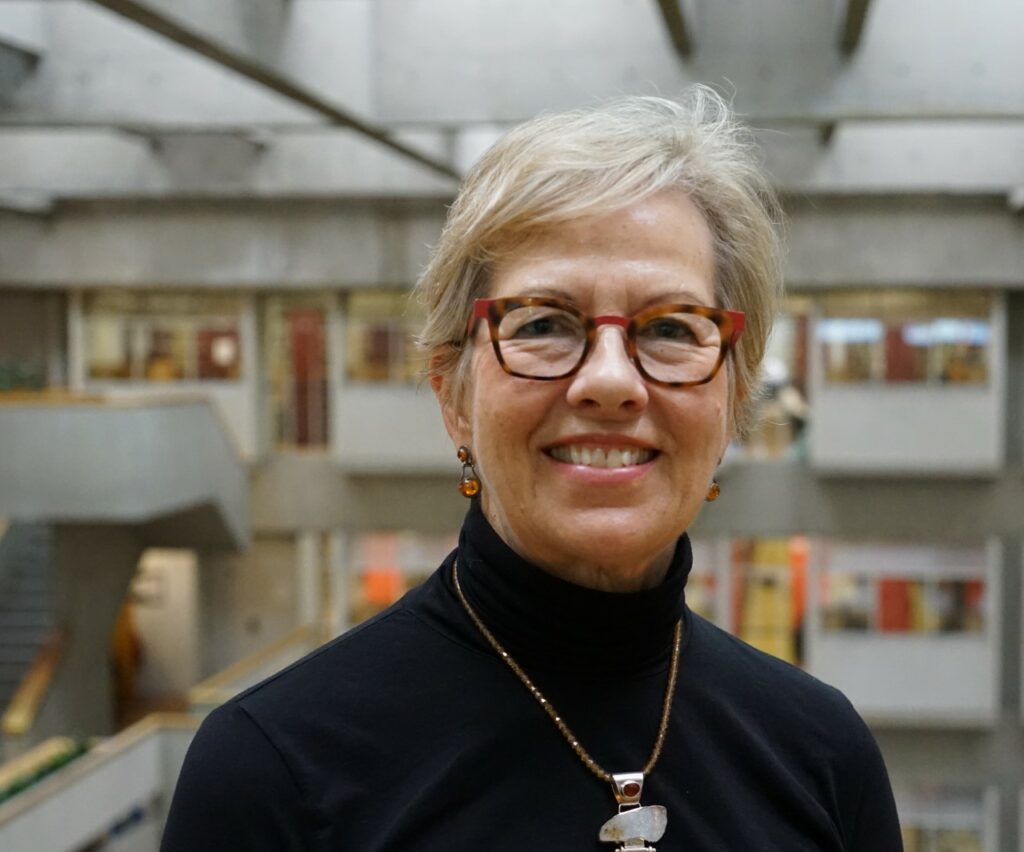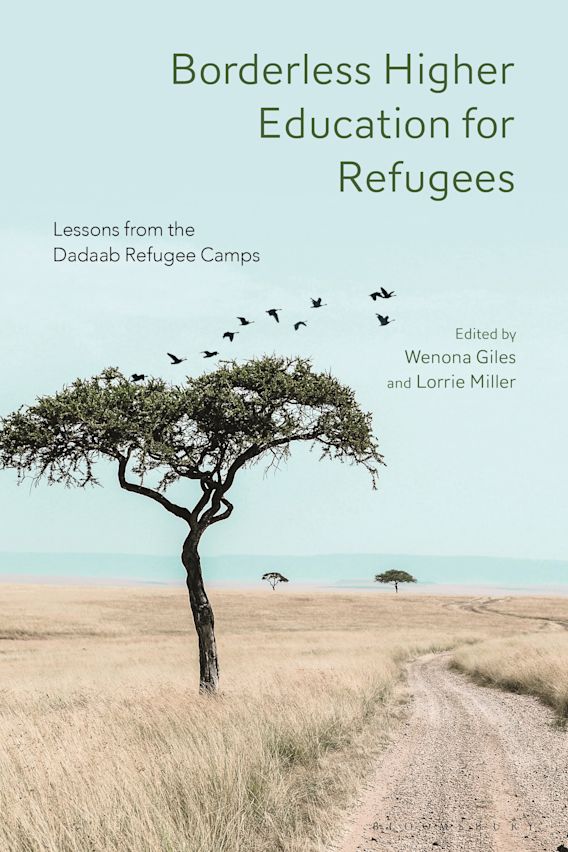
Borderless Higher Education for Refugees: Lessons from the Dadaab Refugee Camps, co-edited by Professor Emerita and Senior Scholar Wenona Giles at York University’s Department of Anthropology, earned the Jackie Kirk Outstanding Book Award from the Comparative and International Education Society (CIES).

Giles, a Fellow of the Royal Society of Canada and Resident Research Associate at the Centre for Refugee Studies at the University, accepted the award at a virtual awards ceremony alongside her co-editor Lorrie Miller, associate director for the Institute for Veterans Education and Transition in the Faculty of Education at the University of British Columbia.
The Jackie Kirk Award is an annual award that recognizes a published book reflecting one or some of the varied areas of expertise represented in Kirk’s areas of commitment, primarily gender and education and/or education in conflict (fragile states, post-conflict, peace education). Kirk was also committed to working on identity (particularly of girls and teachers), globalization as a context for local practice, and visual participatory research methodologies.

“On behalf of all the chapter contributors, we are honoured and excited to receive the Jackie Kirk Award for the book Borderless Higher Education for Refugees: Lessons from the Dadaab Refugee Camps. I didn’t know Dr. Kirk although I do feel an intellectual kinship with her and the goals she strove to achieve and the life she lived to achieve them,” said Giles.
During the ceremony, Giles also read an excerpt from the book. "The refugee camp as a university campus – that was the dream. This book tells the story of university partners in Canada and Kenya who collaborated in the development and delivery of tuition-free academic programs for refugees living in two of the largest refugee camps in the world, Dadaab and Kakuma. Was the endeavour successful? Was it worthwhile? And if so, for whom?"
The book describes how higher education is increasingly recognized as crucial for the livelihoods of refugees and displaced populations caught in emergencies and protracted crises to enable them to engage in a contemporary, knowledge-based, global society. It tells the story of the Borderless Higher Education for Refugees (BHER) project which delivers tuition-free university degree programs into two of the largest protracted refugee camps in the world, Dadaab and Kakuma in Kenya. Combining a human rights approach, critical humanitarianism and concern with gender relations and intersecting inequalities, the book proposes that higher education can provide refugees with the possibility of staying put or returning home with dignity. Written by academics based in Canada, Kenya, Somalia and the U.S., as well as NGO workers and students from the camps, the book demonstrates how north-south and south-south collaborations are possible and productive.
The award funds, along with all book royalties, have been contributed to the support of university students in refugee camps in Kenya.
BHER is a York-based project now hosted by the Faculty of Education. BHER works to provide accredited university programs to working, untrained refugees and local teachers where they are. The project focuses on education for refugees caught in extended exile in the global south for more than 15 years, living in an underserved region where resources and support for learning are scarce.
For more information about the book, visit the Bloomsbury Publishing website.
